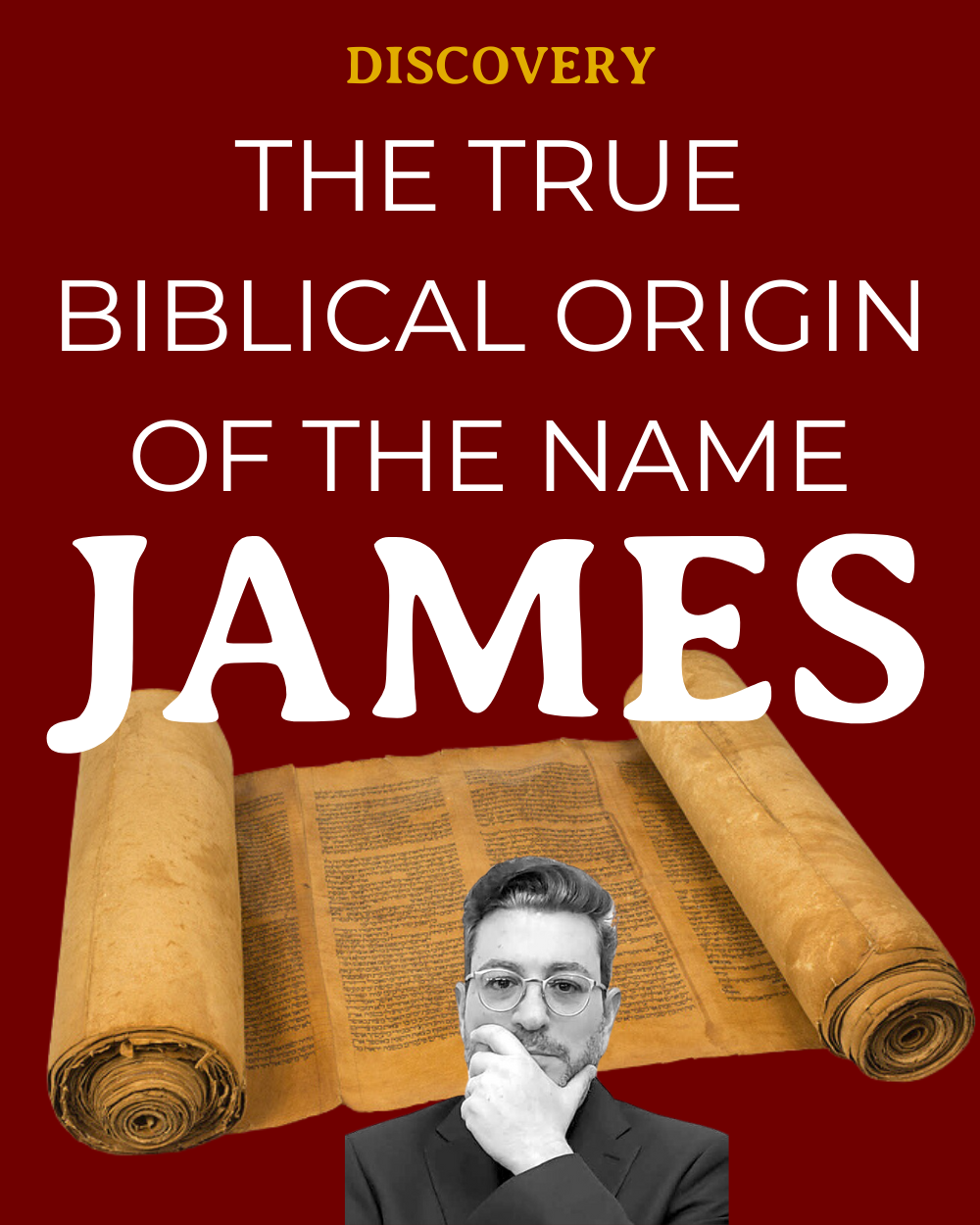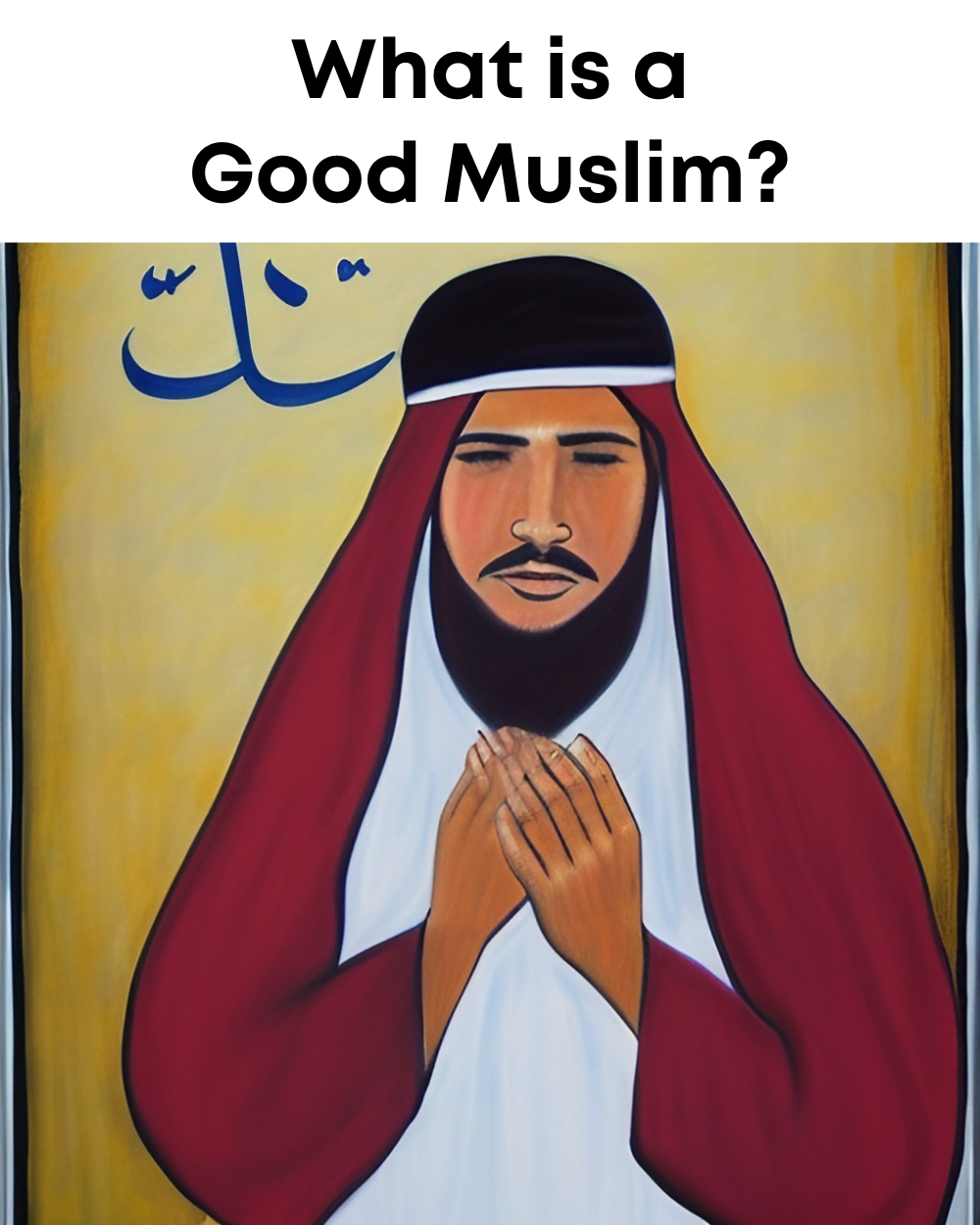Part 6/8 How And Why GOD Created The Woman?
Note that all general claims and observations by Holy Land Man refer to the vast majority of 70-90% and never to the 100% and so the assertion that “women are…” never refers to 100% but to 70-90%.
Women apparently appear as religious leaders in the Old Testament according to Holy Land Man.
At the crossing of the Red Sea, the prophet Miriam leads the song of praise:
“Sing to the Lord who is gloriously triumphant; horse and chariot God has cast into the sea” (Exodus 15:21)
The preceding song, which has the same refrain, is sung by Moses and the Israelites:
“Then sang Moses and the children of Israel this song unto the Lord, and spake, saying, I will sing unto the Lord, for he hath triumphed gloriously: the horse and his rider hath he thrown into the sea. The Lord is my strength and song, and he is become my salvation: he is my God, and I will prepare him an habitation; my father’s God, and I will exalt him. (Exodus 15:1)
Miriam is a leader second to Moses during the exodus, she was responsible to a man in the top position and continues in a leadership role in the wilderness community.
Deborah led Israel (Judges 4:1–5:31) and received God’s blessing. Filling the role of a judge in much the same way Gideon does:
- She led the army in battle
- She appoints the generals
- Makes the military decisions
Having also a function which no other major judge except she and Samuel. She functions as a prophet and arbiter of disputes. (A Diplomat in this present age)
Women As Commanders “Military Captain, General, Division Officer”
Biblical research by Holy Land Man found that during the period of the judges, Deborah appears as a prophet and a judge:
“Now Deborah, a prophet, the wife of Lappidoth, was leading Israel at that time.” (Judges 4:4)
Deborah is the primary leader, the judge of that period, and has both religious and political roles. Their primary task was often to free the people from enemies by military means.
“The Israelites came to her for judgment” (Judges 4:5).
At the time of Deborah, the people were being oppressed by Jabin, king of Hazor. Deborah called Barak and appointed him army general to attack Sisera, Jabin’s general. Barak, however, refused to go without Deborah. Deborah not only went along; but she decided the time and place of attack. Eventually, Barak fell to a woman, Jael, wife of Heber, killing general Sisera.
Holy Land Man believes that during those times, Israelite women were not raised to be soldiers, because most did not have the upper body strength needed for hand-to-hand combat. Still, we see women at that time played crucial roles during times of military conflict. And these times were frequent as war was a regular part of life for many generations of Israelites.
The Bible records that women risked their lives by acting as spies and by hiding spies:
“Jonathan and Ahimaaz were staying at En Rogel. A female servant was to go and inform them, and they were to go and tell King David, for they could not risk being seen entering the city. His wife took a covering and spread it out over the opening of the well and scattered grain over it. No one knew anything about it. When Absalom’s men came to the woman at the house, they asked, Where are Ahimaaz and Jonathan? The woman answered them, They crossed over the brook. The men searched but found no one, so they returned to Jerusalem. After they had gone, the two climbed out of the well and went to inform King David. They said to him, Set out and cross the river at once; Ahithophel has advised such and such against you.” (2 Samuel 17:17, 19-21)
“Then Joshua son of Nun secretly sent two spies from Shittim. Go, look over the land, he said, especially Jericho. So they went and entered the house of a prostitute named Rahab and stayed there. The king of Jericho was told, Look, some of the Israelites have come here tonight to spy out the land. So the king of Jericho sent this message to Rahab: Bring out the men who came to you and entered your house, because they have come to spy out the whole land. But the woman had taken the two men and hidden them. She said, Yes, the men came to me, but I did not know where they had come from. At dusk, when it was time to close the city gate, they left. I don’t know which way they went. Go after them quickly. You may catch up with them. But she had taken them up to the roof and hidden them under the stalks of flax she had laid out on the roof.” (Joshua 2:1-6)
A few even killed army generals with improvised weapons. A millstone, in the case of the woman of Thebez:
“a woman dropped an upper millstone on his head and cracked his skull.” (Judges 9:53)
A tent peg, in the case of Jael:
“But Jael, Heber’s wife, picked up a tent peg and a hammer and went quietly to him while he lay fast asleep, exhausted. She drove the peg through his temple into the ground, and he died. Her hand reached for the tent peg, her right hand for the workman’s hammer. She struck Sisera, she crushed his head, she shattered and pierced his temple.” (Judges 4:21; 5:26)
Women like Esther who successfully negotiated the safety of their nation or families from threatening enemies:
“On the third day Esther put on her royal robes and stood in the inner court of the palace, in front of the king’s hall. The king was sitting on his royal throne in the hall, facing the entrance. When he saw Queen Esther standing in the court, he was pleased with her and held out to her the gold scepter that was in his hand. So Esther approached and touched the tip of the scepter. Then the king asked, What is it, Queen Esther? What is your request? Even up to half the kingdom, it will be given you. If it pleases the king, replied Esther, let the king, together with Haman, come today to a banquet I have prepared for him. Bring Haman at once, the king said, so that we may do what Esther asks. So the king and Haman went to the banquet Esther had prepared.” (Esther 5:1-5)
Deborah even went to war with Barak:
“Barak said to her, If you go with me, I will go; but if you don’t go with me, I won’t go. Certainly I will go with you, said Deborah. But because of the course you are taking, the honor will not be yours, for the Lord will deliver Sisera into the hands of a woman. So Deborah went with Barak to Kedesh.” (Judges 4:8-9)
Holy Land Man thinks that even if women were not part of the fighting force of the Israelite army, it doesn’t mean they were cowering at home.
Still, on the subject of war, one role of women was to publicly celebrate military victories like Miriam after the Egyptians were defeated she led by singing:
“(Then Miriam the prophet, Aaron’s sister, took a timbrel in her hand, and all the women followed her, with timbrels and dancing. Miriam sang to them: Sing to the Lord, for he is highly exalted. Both horse and driver he has hurled into the sea.” (Exodus 15:20-21)
Jephthah’s daughter when her father returned home victorious after defeating the Ammonites:
“Then Jephthah went over to fight the Ammonites, and the Lord gave them into his hands. He devastated twenty towns from Aroer to the vicinity of Minnith, as far as Abel Keramim. Thus Israel subdued Ammon. When Jephthah returned to his home in Mizpah, who should come out to meet him but his daughter, dancing to the sound of timbrels! She was an only child. Except for her he had neither son nor daughter.” (Judges 11:32-34)
The women who came out and sang after the victory over the Philistines:
“When the men were returning home after David had killed the Philistine, the women came out from all the towns of Israel to meet King Saul with singing and dancing, with joyful songs and with timbrels and lyres. As they danced, they sang: Saul has slain his thousands, and David his tens of thousands” (1 Samuel 18:6-7).
This role of leading celebrations and lamentations was set apart for women. So while they were not soldiers, they were actively and publicly involved in their communities.














